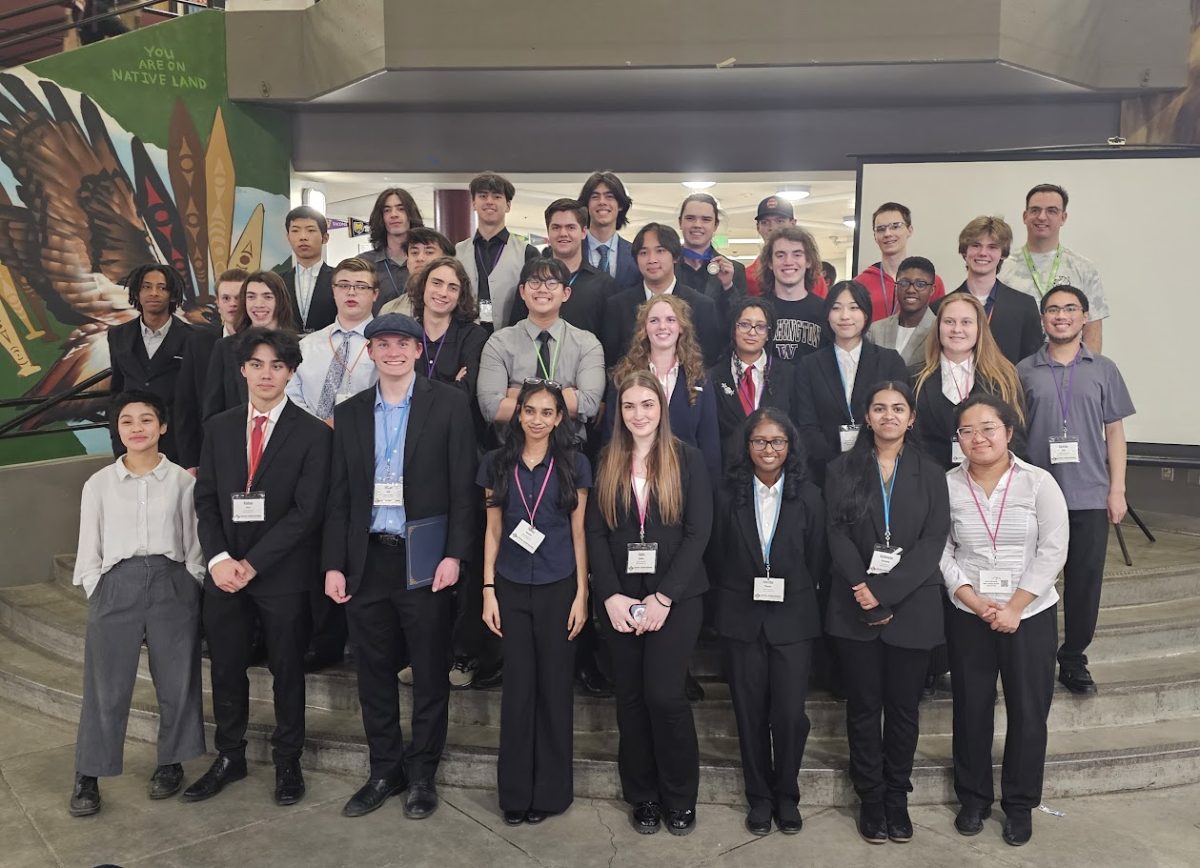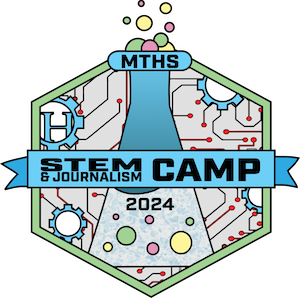What would it be like if you could only use your official school Google account on your district-issued Chromebook?
Students may soon find out, although the district’s IT department has delayed the move to bar personal accounts following strong reactions since the plan was announced.
An email was sent out to all students and in the Edmonds School District (ESD) on Monday, Dec. 2, informing them that personal Google accounts would no longer be available on Chromebooks starting Friday, Dec. 13. That decision has now been delayed.
The reason behind the blocking of non-school, personal Google accounts was stated in the email from Cynthia Nelson, the Technology Director for the ESD.
“We have learned that if students switch to their personal Google account when using new Google features, we do not have the ability to manage their use,” Nelson said. “This may result in problems while using the tool or inappropriate use of district-provided equipment.”
When the email was sent out, it caused some confusion among the student body and staff. The district’s technology center was sent multiple emails from staff and students questioning this move by the ESD IT and responded with feedback on the planned changes to Chromebook account usage. Two weeks later, on the day in which the changes were scheduled to go into effect, an updated email regarding the changes for Google accounts on Chromebooks was sent to students.
The new email detailed additional plans for the account removal and postponed the removal until at least after winter break.
“We have determined that we will delay the decision to disable access to personal accounts for the time being,” Nelson wrote in the email. “It is our hope that Google will finalize their improvements to our management tools by the end of January, and that we can make a decision at that time, regarding personal accounts, based on the information that is available to us.”
Although the removal of non-district issued accounts from Chromebooks has been postponed, the Technology Department made it clear that they are committed to making all tools on Chromebooks meet educational goals.
“Our primary focus will be to ensure these tools will best meet the instructional needs of the district,” Nelson said in the email.
Nelson explained that Google updated its system so that Chromebooks can use Android apps. The reason that the district was going to remove personal accounts on the district computers is that students found out how to download Android apps on their computers by logging onto their personal accounts and accessing Google Play.
Students have started to add their personal accounts to their Chromebooks at school, which has led to alleged misconduct by students. The district wants to make it so that these students cannot access Google Play, but can still use certain Android apps for educational purposes. The only way to do that at the present moment would be to prohibit the use of all other Google accounts by students besides the one issued by the district, according to Nelson.
The main concern of this possible removal is that some students use their personal accounts for easier access to academic-related material. For example, many students use other Google accounts to access pictures for presentations and may have separate emails that are made for specific academic purposes, such as participation in a club, sport or activity. Also, some students’ families may rely heavily upon Chromebook, since it could be the only computer to which a family has access making it the only access to technology that families have in their household. Restrictions on personal accounts could potentially negatively affect their lifestyle, jobs and future opportunities.
Possible changes that may get rid of personal accounts on Chromebooks are being held off until the end of January. The District would like to hear back from students on this issue.














